The News-Hub/ Articles
Back to Articles
Recommended Articles
Why I Started to Compost - Climate Change
Back when we all thought that 2020 was going to be “our year”, my goal was to be my best self.
This, for the first time, included an objective that expanded beyond myself and well into the rest of the world. I decided that in order to be my best self, I needed to reduce my household waste. My partner and I have been recycling for years, but this year we decided to cut out plastic-- mostly single-use water bottles and plastic shopping bags. (I highly encourage everyone to do this-- such an easy first step with a large impact! A plastic shopping bag can last in a landfill for hundreds of years.) By keeping reusable bags in my car or backpack, along with a durable water bottle, I cut out the need for any unnecessary plastic use. Netted produce bags take up very little space in your glove compartment or purse (in addition to making you feel like Jane Birkin--tres chic), and the bright color of this Hydroflask makes drinking water seem like less of a chore.
The issue is that for all the self-care hacks permeating my Instagram feed, I can only be as good as the Earth that I’m on.
And right now, the Earth that I am on has growing landfills, full of both plastic bags and food waste, which contribute to climate change and pollution, posing numerous health hazards for all of us.
But the good news is that much of this can be prevented.
While 2020 may be “cancelled,” there are some tiny seeds of hope that we can plant even during a pandemic. In addition to cutting out plastic, composting is a natural way to nourish our planet by taking food waste that would normally be headed to a landfill, and repurposing it as a nutrient-rich soil. It cuts down on waste while giving back to the earth and local communities at the same time. Shawn Hendrickson of Denver Compost Collective has a motto of “Starve the landfill, Tend the Earth, Feed the People,” with the goal of a “closed loop food process.” Not only do they keep food waste out of the landfills, but the compost is then used as nutrient-rich soil for local farms, and the resulting produce is distributed to surrounding marginalized neighborhoods, effectively “closing the loop” as an autonomous entity. Stay tuned for the full interview with Shawn, which will be released next week!
Composting matters to me because part of being a responsible, global citizen is to be nurturing, and to give back as much as we take-- “To Tend the Earth,” as a certain Master Composter would say. Since many cities have free recycling programs, composting is an easy way to get involved and to join a larger community of awareness and action. I live in Downtown Denver, and the option that makes the most sense for me is a weekly pickup with a collective or business. There’s also the option of driving it to a recycling center, or if you have more room at home you can get really involved with a worm bin. We don’t get to redo 2020, so hey-- have a Self-Care Day, make this Your Year. Treat yourself, maybe splurge on a cute water bottle, waltz to the grocery store with your reusable grocery bags like a cool French girl, and watch your little pile of compost grow. The cool thing about composting is you can do it for next to nothing. Here’s a downloadable list of Compost Do’s and Don’ts. Even a small impact is satisfying when you can see literal piles of it. The air seems to smell a little fresher, and the sun shines a little brighter when you really make it Your World.Empty content. Please select category to preview

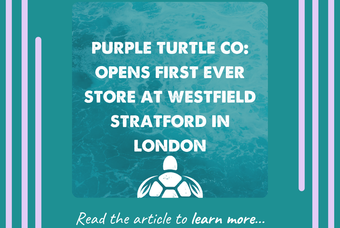
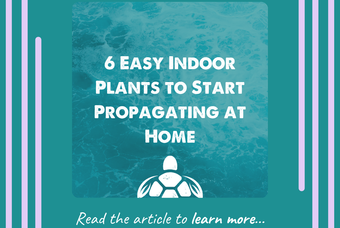
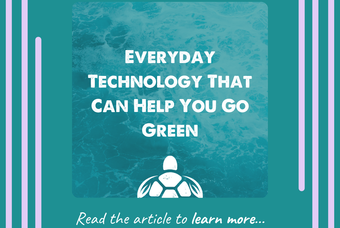
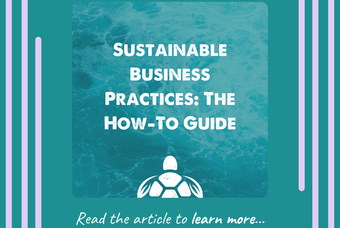
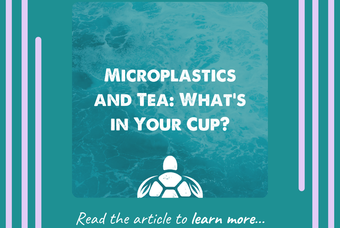
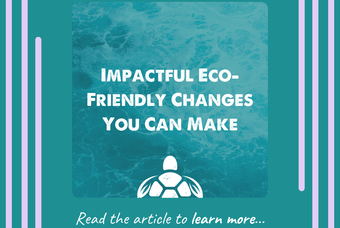
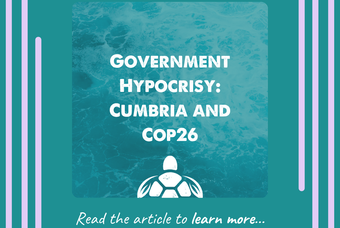
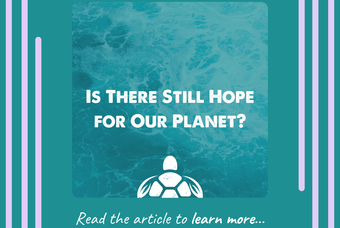
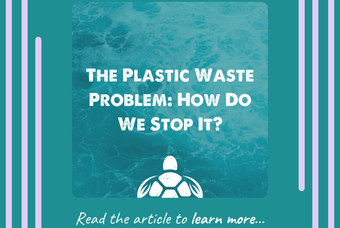
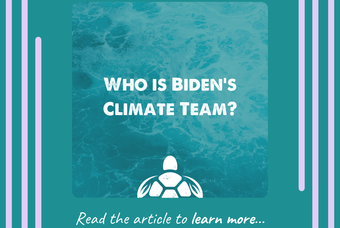
0 comments. Write a comment